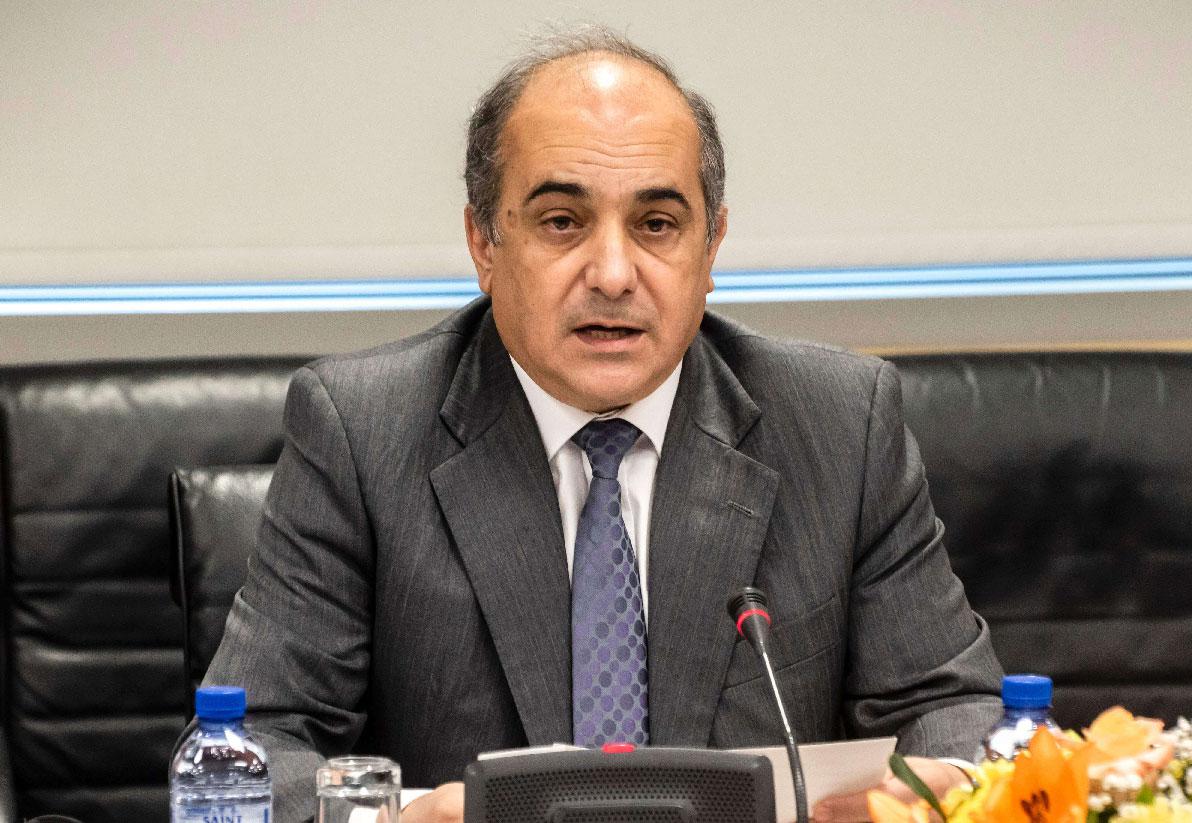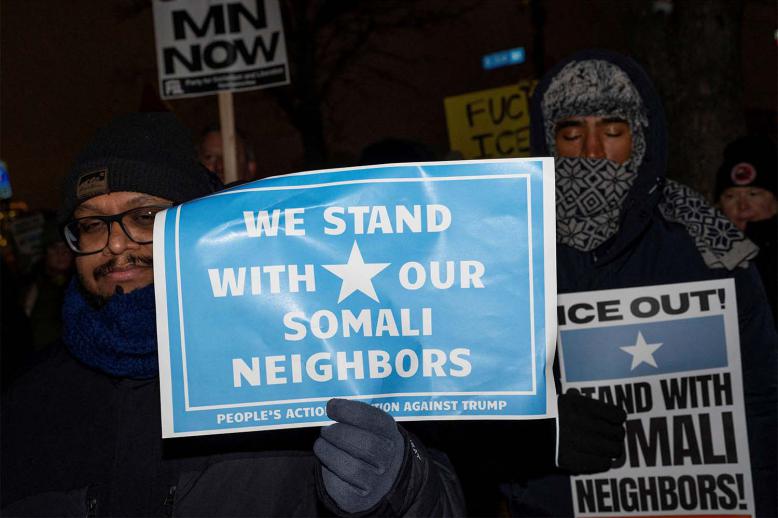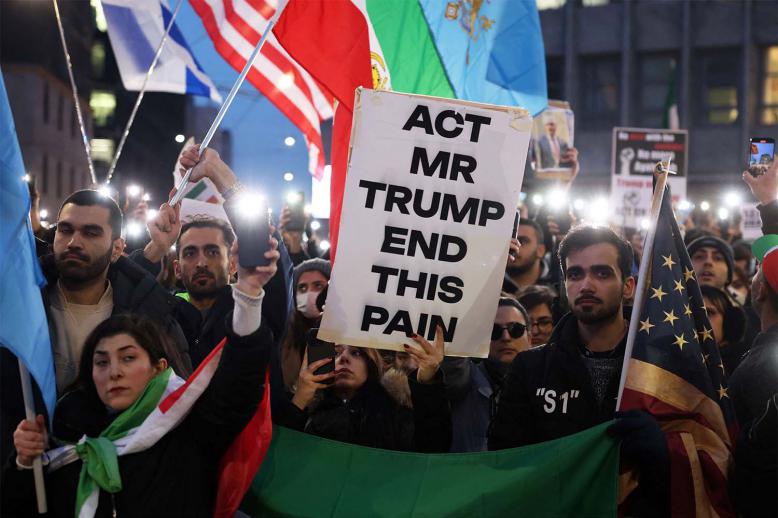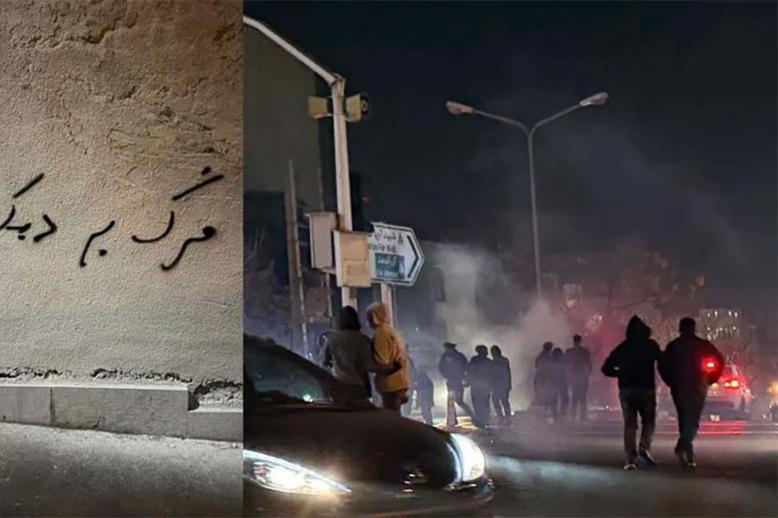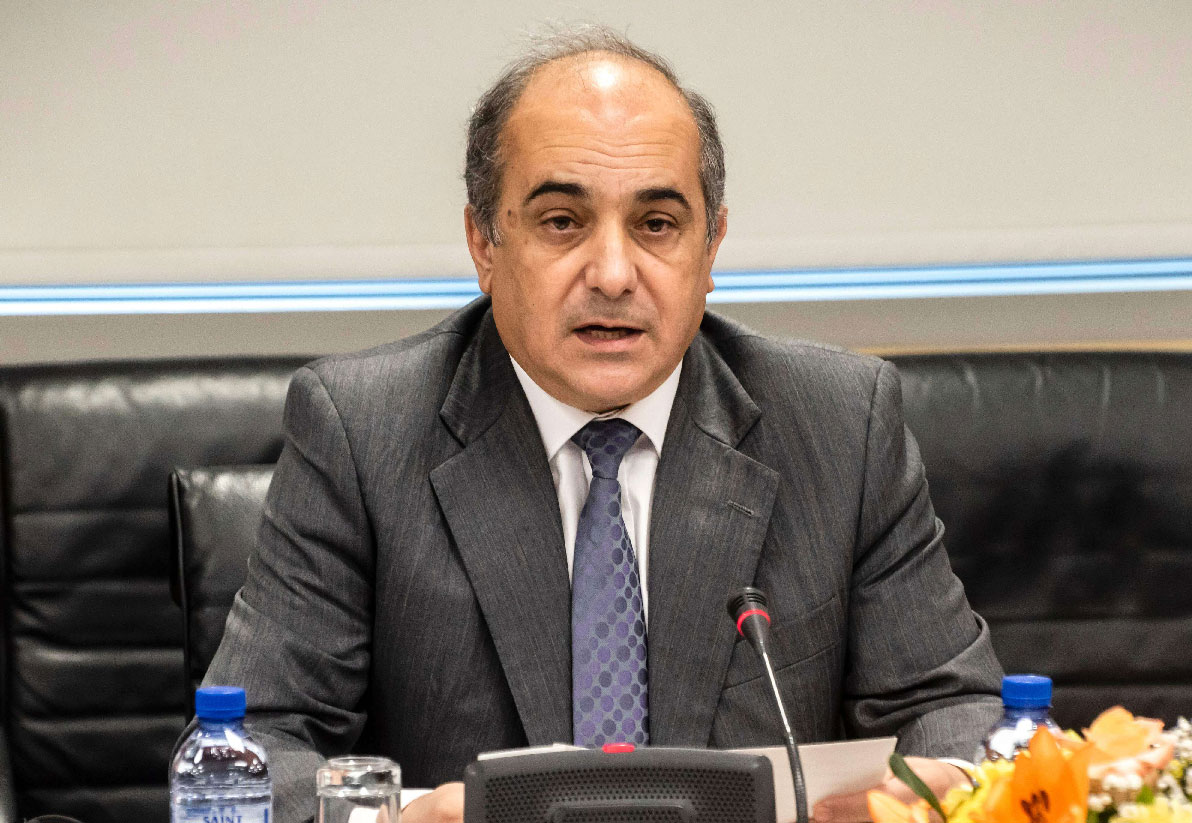Cyprus holds talks with rival Libya administration
BENGHAZI - Cyprus has stepped up its campaign against the UN-recognised Libyan government's increasingly close military ties with Turkey, hosting talks on Saturday with a leading figure in the rival Libyan administration.
The speaker of Libya's eastern-based parliament, Aguila Saleh, met his Cypriot counterpart Demetris Syllouris, his adviser Hamid al-Safi told reporters in Libya's main eastern city Benghazi.
Saleh urged Cyprus, an EU member state, to withdraw its recognition from the Tripoli-based Government of National Accord (GNA), because it has "lost its legitimacy and wants to sell Libya to foreigners", Safi said.
The two men discussed ways to counter two agreements which the GNA signed with Turkey in November that Greek Cypriots strongly oppose.
One provides for direct military intervention by Turkish forces in support of the GNA, a move Ankara says may begin as early as next month. The other sets a maritime boundary between Libya and Turkey, which has angered Greece and Greek Cypriots as they step up plans to exploit offshore gas reserves in the eastern Mediterranean.
The Cyprus government has no diplomatic relations with Turkey, which dismisses it as an exclusively Greek Cypriot administration. The island has been divided along ethnic lines since 1974 when Turkey invaded its northern third in response to an Athens-engineered Greek Cypriot coup seeking to unite the whole island with Greece. Ankara is the only government to recognise a breakaway state in the north which Turkish Cypriot leaders declared in 1983.
UN-backed talks on reunifying the island as a bizonal, bi-communal federation collapsed in July 2017 and have not resumed, in part because of deep divisions over offshore gas.
Flagrant violations
According to the state-run Cyprus News Agency, Saleh and Syllouris said in a joint statement that Turkey's actions are ratcheting up tensions and destabilizing the wider region. They condemned the agreements signed with Libya as a “flagrant violation of international law that's devoid of any legal basis.”
On a surprise visit to Tunisia earlier this week, Turkey's President Recep Tayyip Erdogan reiterated that his county would evaluate sending soldiers to Libya if there is an invitation from the GNA, which is supported by the United Nations but is a weak administration headed by Prime Minister Fayez Sarraj.
The deal that the Tripoli-based government signed with Turkey, however, has not been ratified by the Libyan parliament.
The military deal allows Ankara to dispatch military experts and personnel, along with weapons, despite a UN arms embargo that has been violated by other international actors.
Turkey contends the maritime agreement gives it economic rights to a large swath of the eastern Mediterranean sea. Greece, Cyprus and Egypt have denounced the deal as legally invalid as it encroaches on their maritime borders.
In Rome, asked about a possible Turkish military action in Libya in support of Serraj's forces, Italian Premier Giuseppe Conte said he had tried to discourage any attempt at a military solution for Libya.
Conte, who discussed Libya with Erdogan in a phone call last week, told reporters on Saturday that a "proxy war in Libya" would, "instead of stabilizing" the North African country across the Mediterranean from Italy, only aggravate the "incredible fragmentation" there.
Conte called for stepped-up diplomatic pressure to push for a political solution, and said Italian Foreign Minister Luigi Di Maio might soon return to Libya to push Italy's determination to work for a "cessation of hostilities."
"We can't accept any military escalation," the Italian premier said at a year-end news conference.
Sarraj is battling an offensive launched in April by the rival government based in eastern Libya and forces loyal to commander Gen. Khalifa Hifter, who is trying to take Tripoli.
The fighting has threatened to plunge Libya into violence rivaling the 2011 conflict that ousted and killed longtime dictator Moammar Gadhafi.


